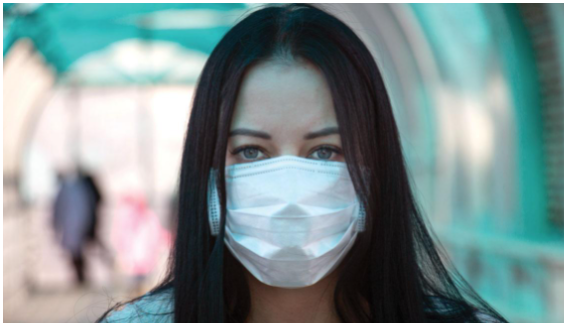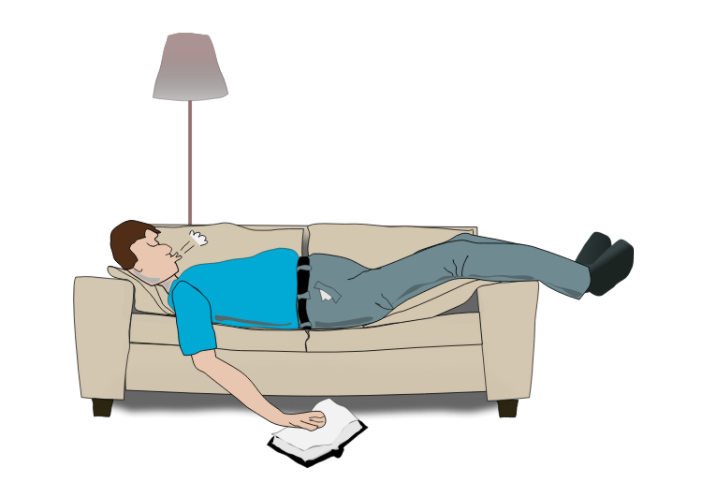COVID-19 brought lockdowns and social distancing with it. Many students are now stuck at home with their families for extended periods of time, which can be a bit uncomfortable if they’re not used to it. Online interactions have taken on a new level of importance, and some people find it difficult to communicate in a meaningful way online. All of this can lead to social awkwardness in college students, especially if they’re already shy or introverted.

TutorHelp.Club experts often deal with students who are socially awkward or have high social anxiety and have some wonderful tips and tricks they can use to deal with it:
- Don’t be afraid to reach out to others for help. If you are socially awkward, you could start with reaching out to people you trust, such as family and friends. They can help you feel more comfortable in social situations and provide support. Reaching out to experts online who will not breach your anonymity is also an excellent option.
Knowing you have a dedicated support team that is not too nosy can help to take some of the pressure off when it comes to socializing.
- Talk openly about your feelings and concerns. When you’re feeling shy or awkward, it can be difficult to open up about your feelings. However, doing so can help to reduce your anxiety and make socializing easier. Talking openly with others about what you’re experiencing can also help them understand you better.
As a first step, you may want to write down what you want to say before you talk to someone. This will help you stay on track and ensure that you get your point across effectively. You may then read it aloud to yourself to get a feel for how it would sound to others.
- Don’t be too hard on yourself – everyone makes mistakes! During these lockdowns, all the hidden vices and vulnerabilities tend to surface. Socially awkward college students may feel even more self-conscious and anxious when they make a mistake during online interaction. It’s important to remember that everyone makes mistakes – even the most confident people!

College students should try not to dwell on their mistakes and instead focus on learning from them. This will help you become a more confident socializer in the long run.
- Take some time for yourself to relax and recharge. It’s normal to feel overwhelmed or exhausted after spending a lot of time socializing. If you need a break, take it! Taking short breaks can help you recharge and reduce your anxiety. You can also use this time to reflect on how the interaction went and what you could do differently next time.
It’s also important to make sure that you’re getting enough sleep and eating a healthy diet. These basic self-care practices will help keep your energy levels up and reduce your stress levels.
- Practice socializing in safe environments. If you’re feeling anxious about socializing, it may be helpful to start by practicing in safe environments. This could mean talking to friends online or attending virtual meetups. These activities can help you get more comfortable with socializing and reduce your anxiety.

TutorHelp.Club, for example, is an online learning community where you can practice your socializing skills with students and professionals related to your field. When you’re ready, you can try branching out to more challenging environments. Just make sure to take things slowly and don’t push yourself too hard.
- Find social activities that you enjoy and make time for them. Not everyone enjoys the same social activities. Some people prefer quiet activities, such as reading or hiking, while others enjoy more active pursuits, such as playing sports or going to parties. It’s important to find social activities that you enjoy and make time for them. This will help reduce your anxiety and make socializing more enjoyable.
If you’re not sure what activities you enjoy, try out a few different ones until you find something that sticks. You may also want to ask your friends and family for recommendations. Some of the best social activities for shy, introverted, or socially awkward people are those that involve spending time with others in a relaxed setting, such as going for coffee or taking a walk.
- Seek out support from professionals if you need it. If you’re struggling to manage your anxiety or social awkwardness, it may be helpful to seek out support from professionals. This could mean talking to a therapist or counselor, who can help you address the root causes of your anxiety.
Therapists may suggest different interventions, such as cognitive-behavioral therapy (CBT) or exposure therapy. CBT is a type of therapy that helps you identify and change the thoughts and behaviors that contribute to your anxiety. Exposure therapy helps you gradually face your fears in a safe and controlled environment.
- Don’t be afraid to ask for advice from your peers or older students. College can be a daunting experience, especially if you’re struggling with social awkwardness. If you need help, don’t be afraid to ask for advice from your peers or older students. They may have gone through similar experiences and can offer helpful insights and tips.
Remember that everyone is different and there’s no one-size-fits-all approach to socializing. What works for one person may not work for another. So, be patient and keep trying different things until you find what works best for you.
- Stay positive and keep in mind that things will get better! It’s easy to get discouraged if you’re struggling with social awkwardness. But it’s important to stay positive and keep in mind that things will get better. With time and practice, you’ll gradually become more comfortable socializing.
Some of the ways to stay positive when you are alone are:
- Think about things you like to do and plan to do one of those things.
- Talk to someone supportive on the phone or online.
- Write down your thoughts and feelings in a journal.
- Listen to music that makes you happy.
- Watch a movie or TV show that you enjoy.
- Take a walk outside.
- Stay connected to your friends and family.
If you’re struggling with social awkwardness or social anxiety, don’t hesitate to reach out for help. Contact us now!



0 responses on "Social anxiety in college students: A neglected Pandemic"